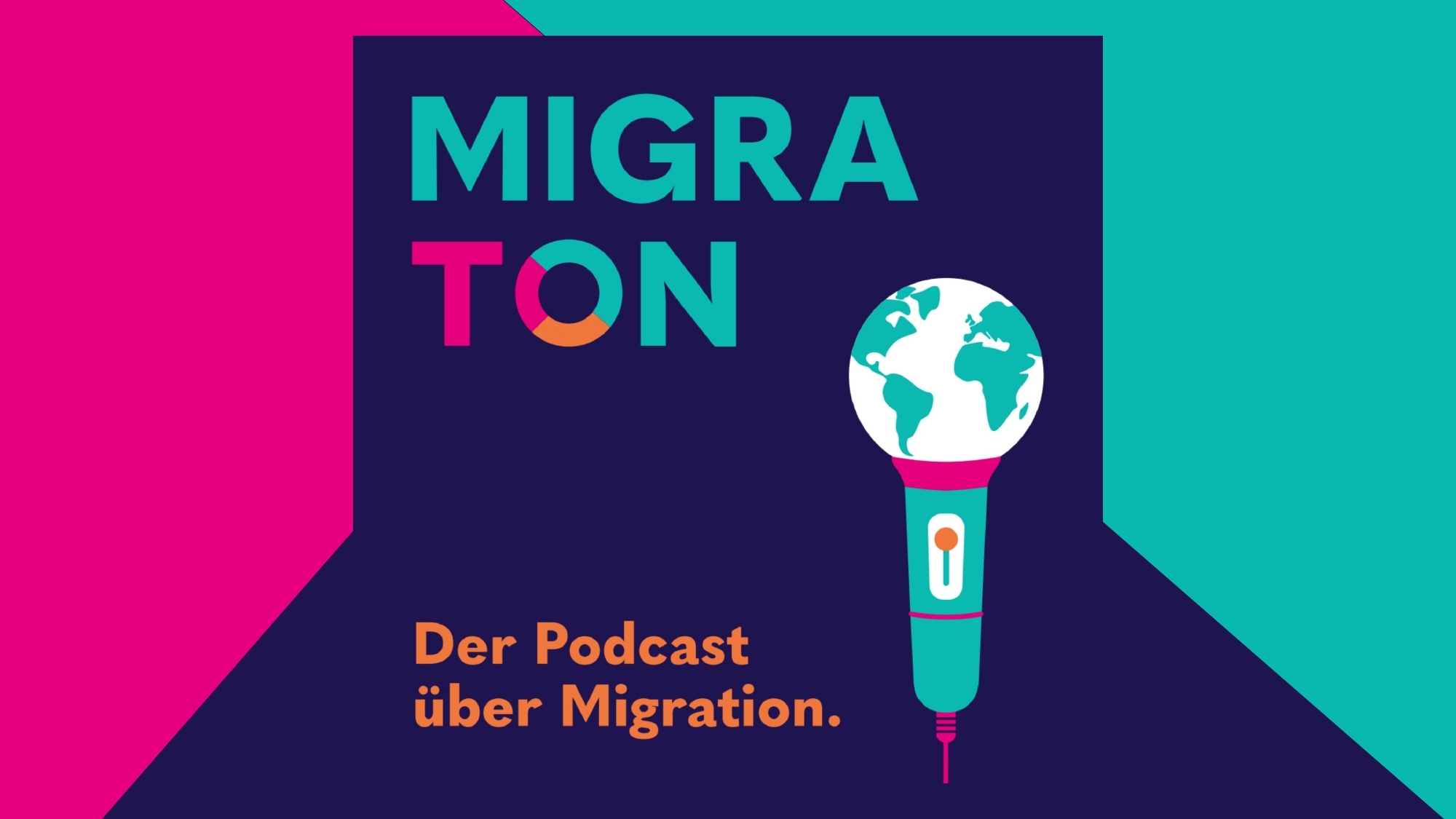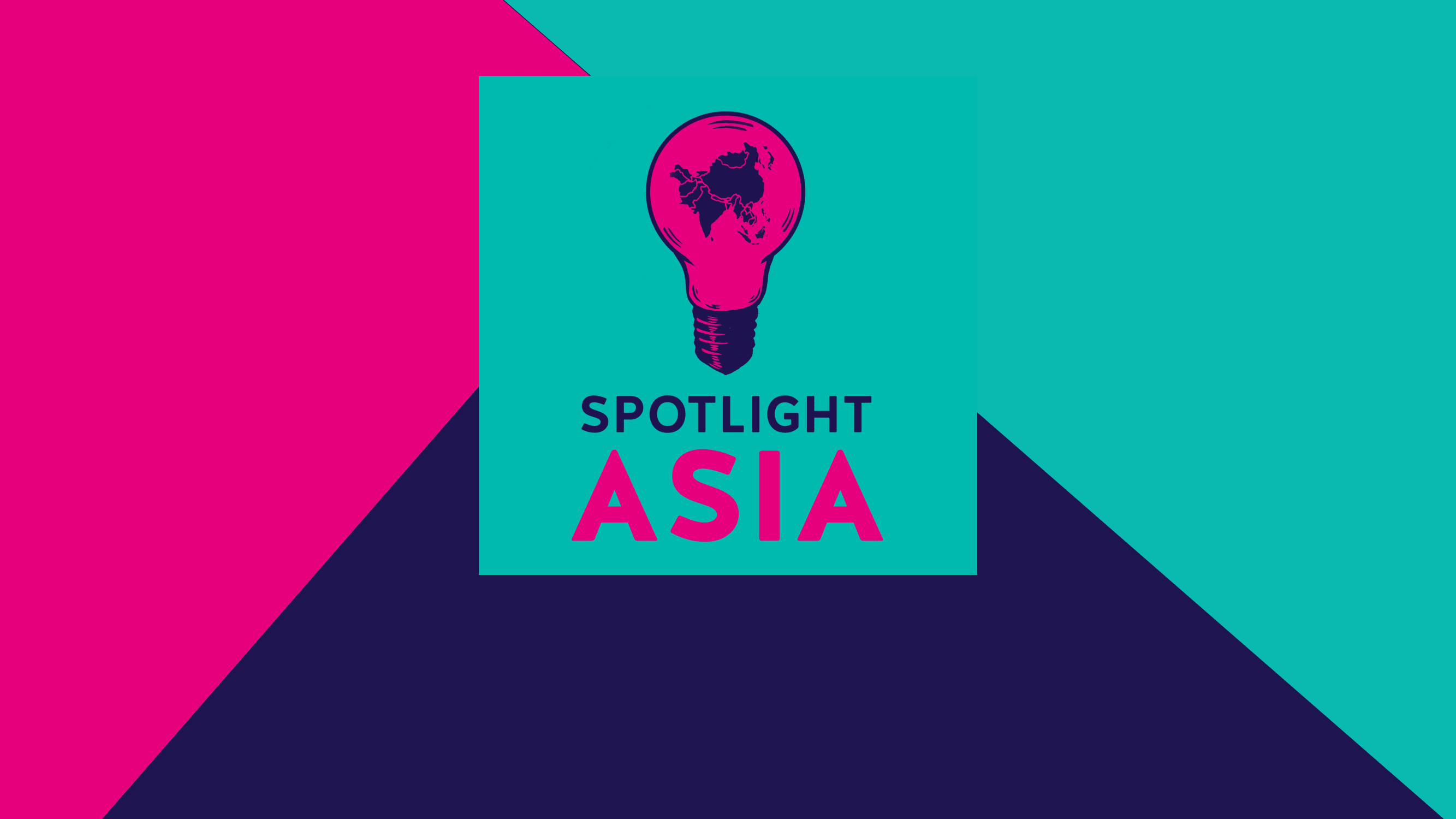3-4 FEB | STRATEGIC FORECASTING WORKSHOP: National, Regional or European Agenda? Mapping The Future Of Visegrád Four Cooperation
National, Regional or European Agenda? Mapping the Future of Visegrád Four Cooperation
Polis180 Strategic Forecasting Workshop
Event Description
Back in 1991, the Czech Republic, Hungary, Poland and Slovakia – united by common geographical, historical and cultural trajectories, on the one hand, and by their pursuit of (re)integration into the European home on the other – founded a loose and multifaceted Visegrád Group alliance. The Visegrád Four (V4) refers to the efforts of these countries to cooperate in a number of fields of common interest within their all-European integration. Initially, they helped each other to overcome the totalitarian past and introduce the cornerstones for functioning market economies. More recently, they embraced the digital revolution and Industry 4.0. In doing so, the Visegrád Group has been a success story. Yet, despite these prerequisites for further EU integration, the agenda of the Visegrád Four has changed, induced by a variety of factors on a national, European and global level, including the financial and economic crisis as well as recent migration of people searching refuge in Western Europe.
The varying degree of cooperation between the Visegrád Four in different policy areas is striking. While the economies are growing and prospering in the European Single Market, support for the EU agenda in other policy areas is fading. In June, for instance, the EU launched an infringement procedure against the Czech Republic, Hungary and Poland for their lack of commitment to refugee allocation quotas.
The Central European states used to facilitate the Europeanization process while still considering their “national peculiarities”. Where are the V4 countries heading to now? Should we anticipate more or less cooperation outside of the EU framework? By organizing a strategic forecasting workshop, Polis180 aims to explore the new horizons of region-centered cooperation in Central Europe and assess the V4 prospects of EU commitment.
Format & Participants
Over the course of two days the participants will get to know the strategic forecasting method and experience it first-hand for a V4 forecast. The approach is an adaptation of state-of-the-art National Intelligence Estimates (NIE) methodology. The process is designed to avoid vague discussions and group thinking through analytical thinking methods and structured debate. At the end of the workshop, the participants will discuss the forecast on eye-level with experts on Visegrád affairs.
We are looking for young foreign policy, EU policy and CEE experts as well as graduate students and PhD candidates interested in putting their expertise to the proof, developing a sound forecast on a thrilling topic with a pinch of clairvoyant skills as well as engaging with the vivid Polis180 community of policy enthusiasts.
Registration
Please fill in the Registration Form until 21.01.2018 to attend the event.
In case of questions please contact Alex Sacharow (alex.sacharow@polis180.org) or Oleksandra Kryshtapovych (o.kryshtapovych@transnationalstudies.eu)
Partners
international alumni center (iac), Berlin
Robert Bosch Center for Central and Eastern Europe, Russia, and Central Asia, DGAP, Berlin
Online-Buchungen sind für diese Veranstaltung nicht verfügbar.

